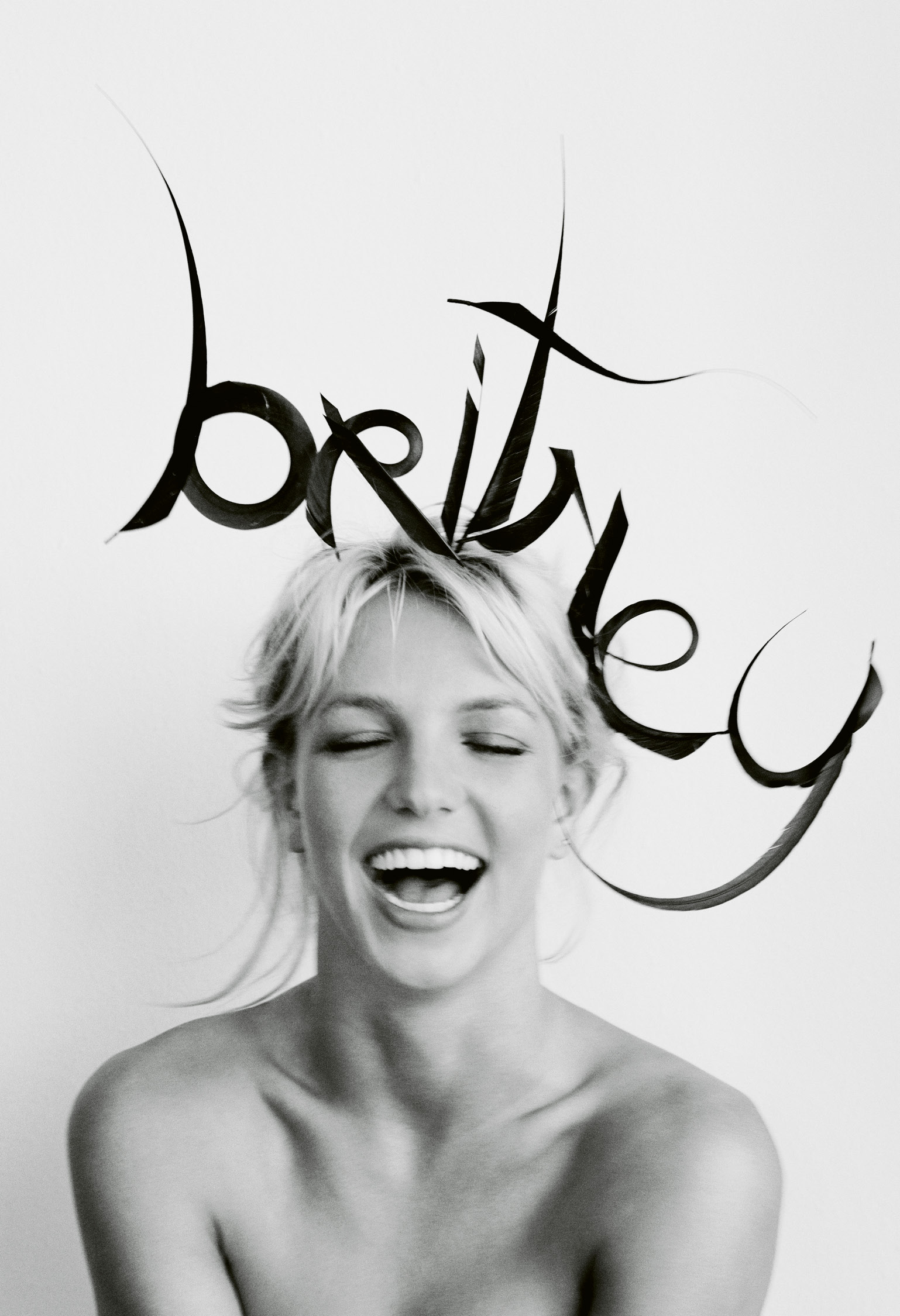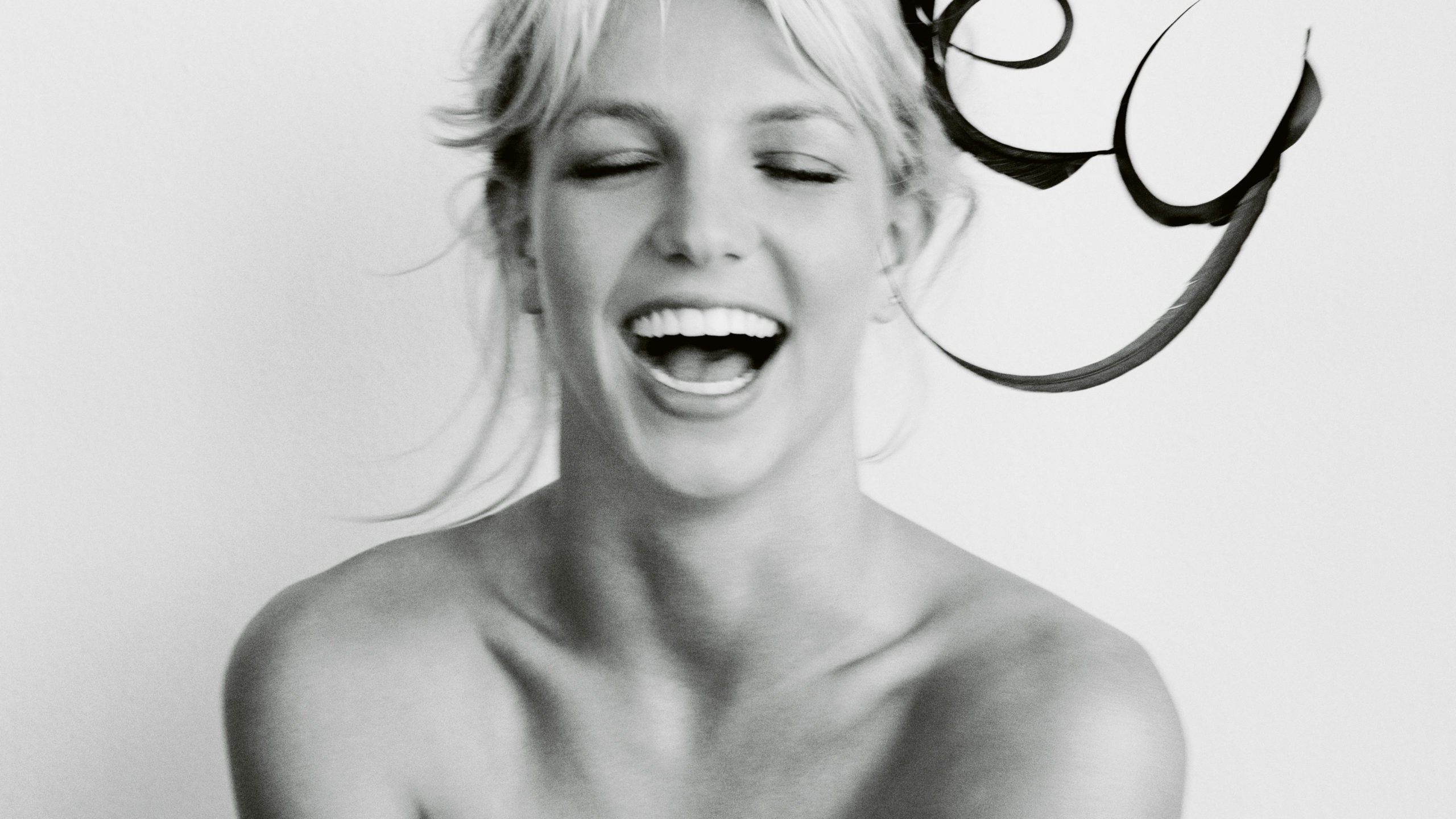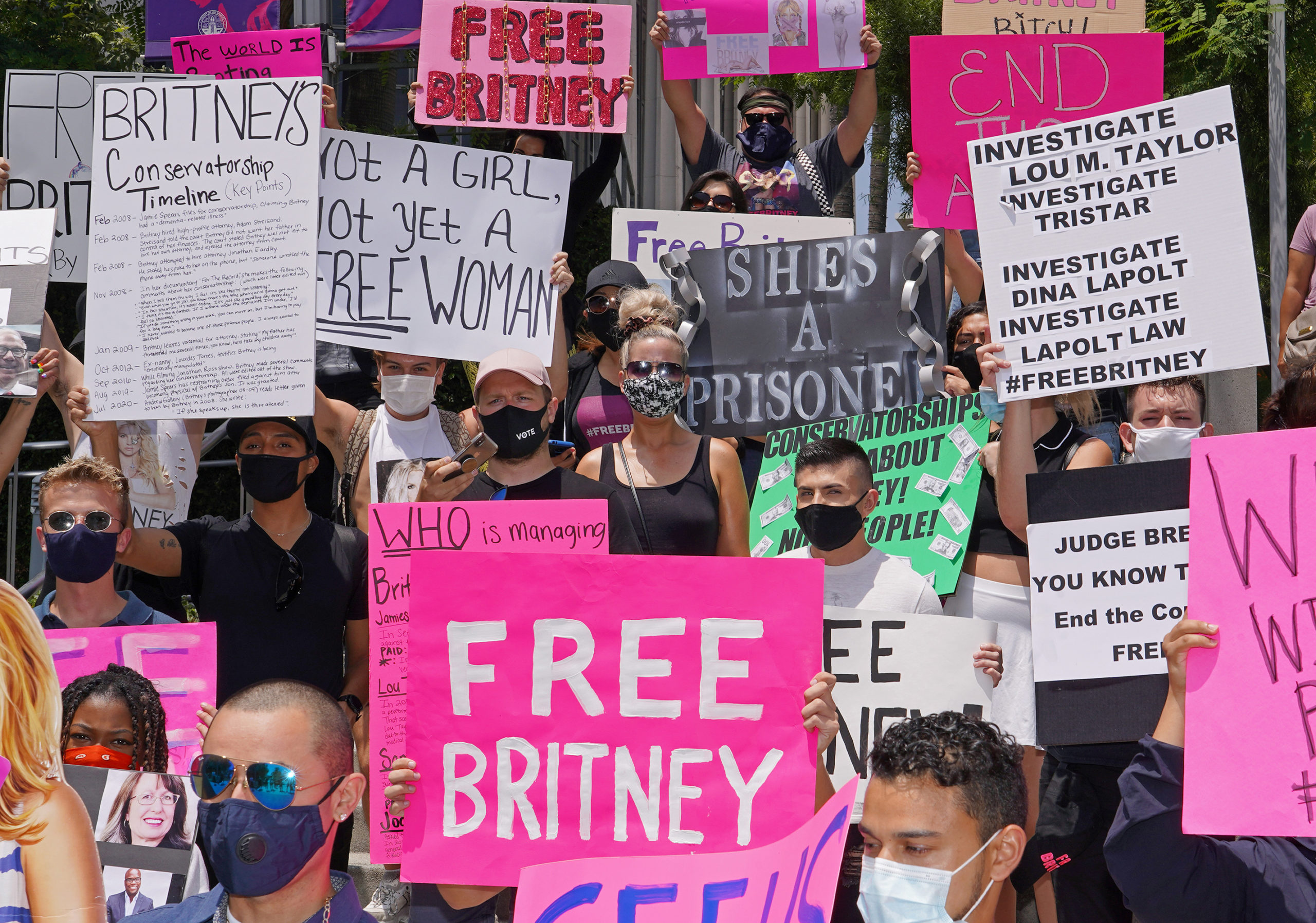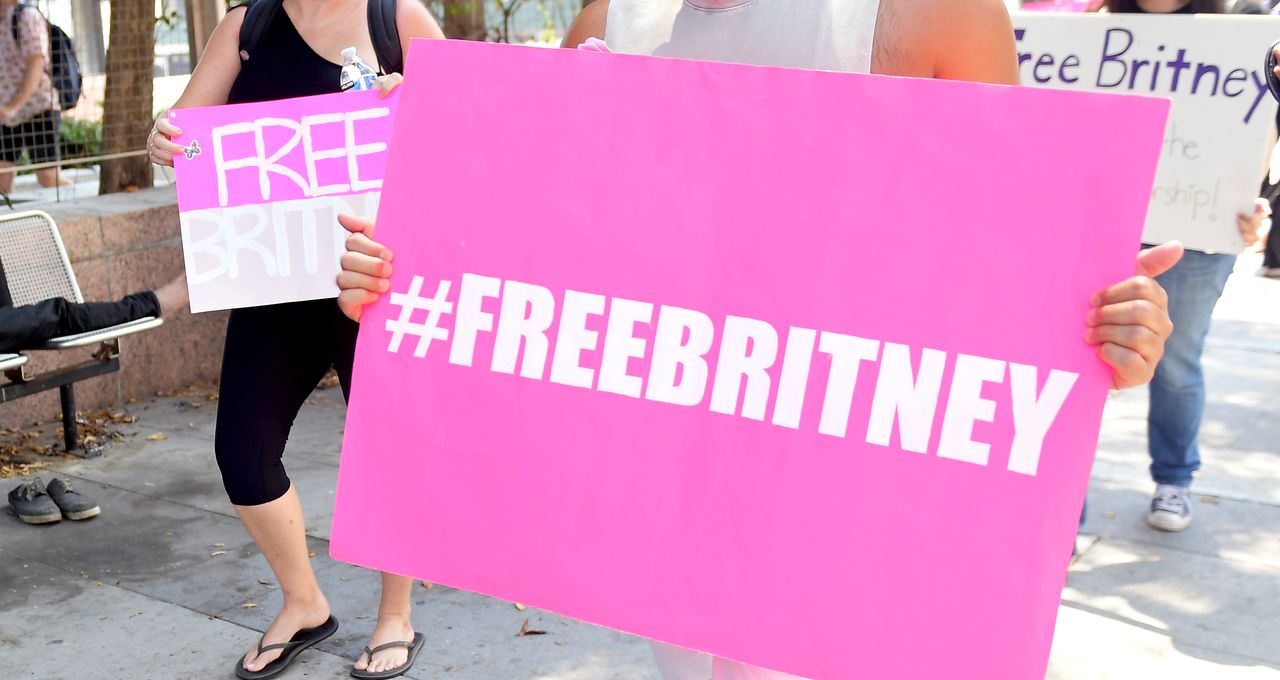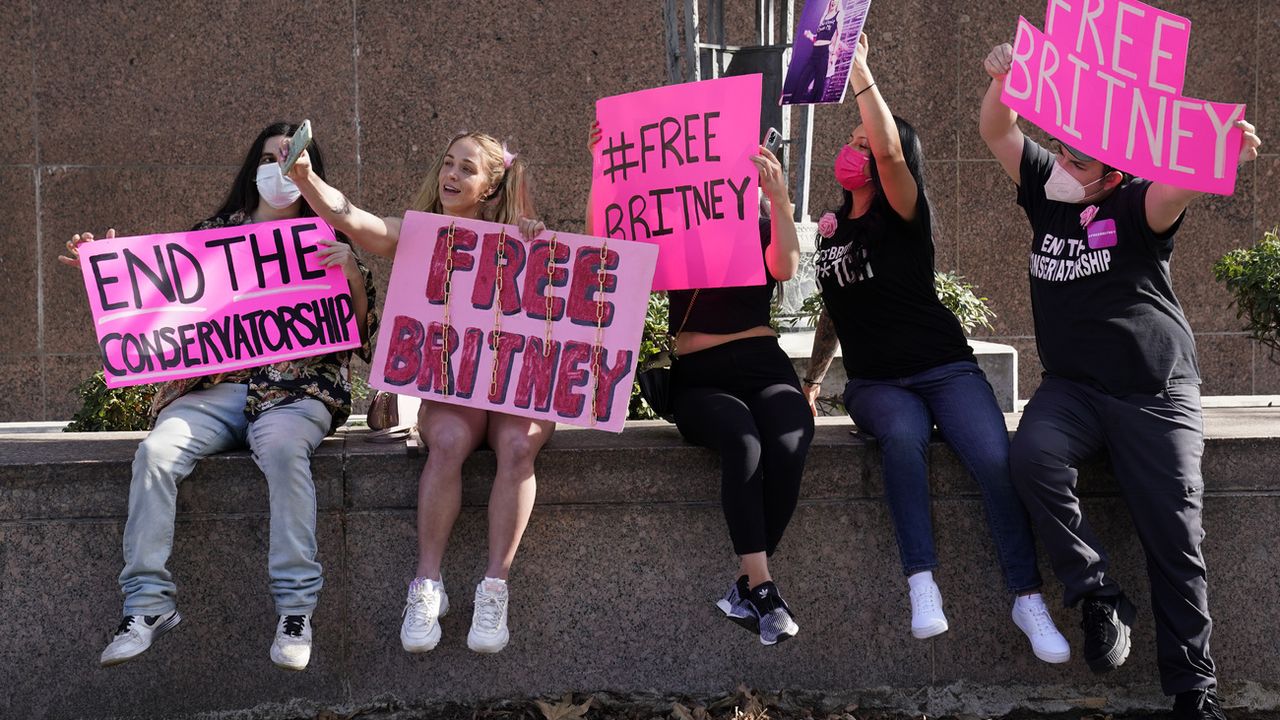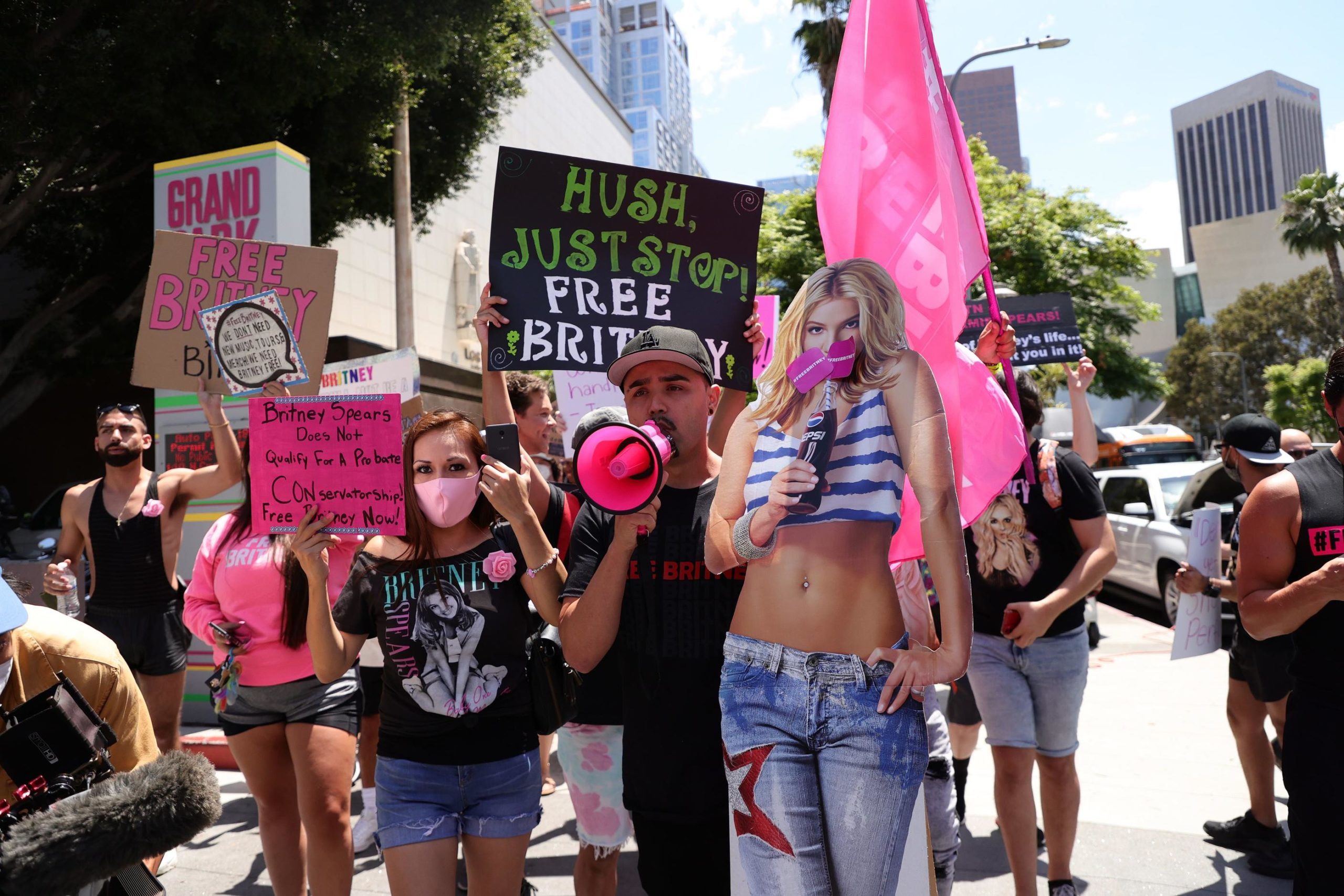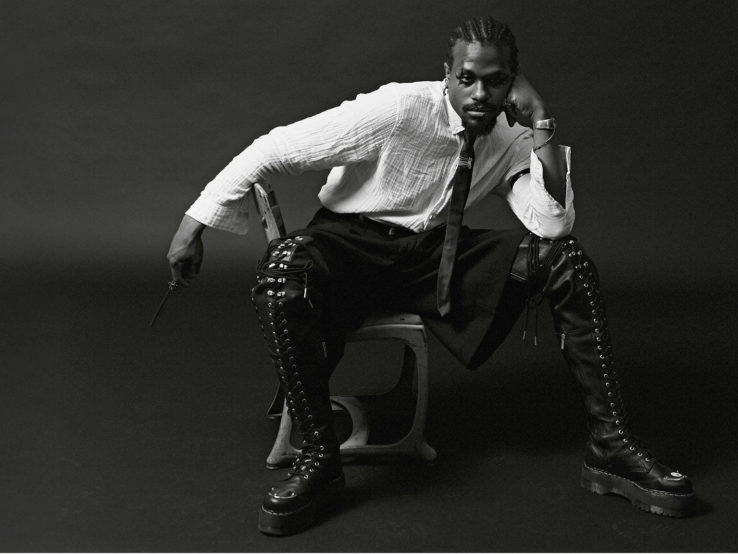Who could have imagined that Britney Spears’ fans would one day become a global symbol of activism? In just a few years, their unwavering support has enabled the star to free herself from her abusive guardianship and put the spotlight on an otherwise corrupt legal system. The media whirlwind around the #FreeBritney movement is such that it is now pushing America to rewrite its laws, thanks in particular to activists more determined than ever. Lorin Sisco, a long-time fan, lives on the northern shores of the Hawaiian island of Oahu. Crossing the Pacific Ocean once a month so she could support Britney Spears was a no-brainer: « Britney has always been with me. My grandmother would recreate outfits from her videos that I would wear every year for Halloween, and the Baby One More Time CD would be on repeat in my mother’s car as I would relentlessly ask her to take me to her concerts. After she passed away in 2020, I felt the need to get involved in a cause I cared about by joining the #FreeBritney movement. » At the time, the world was gently mocking these protesters and their neon colored signs, fighting for a cause deemed frivolous compared to actual social issues: « We received a lot of criticism, we were called conspiracists, pseudo-lawyers who didn’t have any idea what they were talking about, even though we spent hours studying the legislation. I took the time to look at how guardianship works and it was clear that Britney was a victim of the system. Fighting for her release was my first experience as an activist. »
WHEN FAN ACTIVISM RAISES ARMIES
Much like Lorin, hundreds of USians have campaigned to free the idol of their teenage years, imprisoned for thirteen years under her father’s gardianship. Junior Olivas, a business manager living in Los Angeles, is one of the first members of the self-proclaimed Britney Army, which he joined in April 2019: « I had to help her, because her songs have supported me so much throughout my life. I organised the very first march, and it took dozens more to claim our victory almost two years later. Honestly, I thought we’d get things sorted out in a month or two, but I soon realised that the problem was much bigger than Britney when I heard about the dozens of other stories. This activism is now ingrained in me and the fight will continue until the laws are changed. » An activism 2.0 studied by Jennifer Earl, a professor of sociology at the University of Arizona and a specialist in fan studies. « The #FreeBritney movement is a pure example of fan activism, which occurs when people turn their interest in a celebrity into a political and cultural act. Indeed, such social movements have been proven to work in the past. » As a matter of fact, sociologists have been studying fans behaviour since the early 1990s with the emergence of fan studies, following in the footsteps of gender studies. Fans of sagas such as Star Wars were scrutinised, as were fans of TV series and boy bands. At that time, fan activism was most often about mobilising your community by signing petitions to stop a TV channel from cancelling a show, or to get a music tour to come to a specific town. A political turning point came in 2005 with the creation of the HPA: the Harry Potter Alliance. Fans of the literary saga had set up a full-blown charity, using their shared passion to develop a new form of playful activism. Themes surrounding the famous wizard’s universe, such as tolerance and mutual aid, have been used to develop awareness campaigns in favour of net neutrality or to collect funds after the earthquake in Haiti. These fans were strong allies in the fight for LGBTQIA+ rights and mobilised in several states across America, making over 6000 phone calls in a single day to convince Rhode Islanders to let their senators legalise gay marriage. Last summer, the HPA was renamed Fandom Forward, in order to reach out to new communities such as those enjoying the Marvel or Hunger Games universe: « Our mission is to turn fans into heroes, and we know that our world is full of potential heroes ». Gone are the days when groupies would be happy to simply add to their star’s bank account by raiding the official website’s merch. Now, a true fan is someone who is committed. “This is one of the strengths of fan activism, says Jennifer Earl. It connects celebrities or beloved works with the political and cultural issues swirling around them. The #FreeBritney movement has succeeded in bringing the issue of abusive guardianship into the national debate. It would have been much harder to do so without the help of an iconic figure, as in this case Britney, who gets us to pay attention to the cause because of her celebrity status. »

